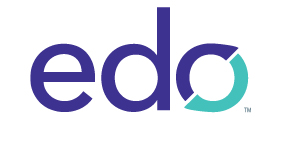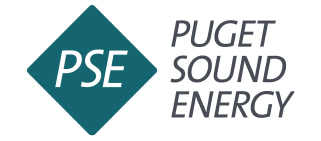Case Studies
How Demand Flexibility is Empowering Schools to Earn Incentives & Support the Grid
July 10, 2025
The Challenge
Schools are facing unique energy management challenges due to fluctuating occupancy patterns, aging heating, ventilation, and air conditioning (HVAC) systems, and the need to balance comfort with cost efficiency. In the Seattle area, a school had been struggling with an outdated HVAC system, and its existing building automation system required a significant upgrade. Leveraging Edo’s demand optimization solution, the school was able to access public funding to improve its systems and participate in the demand response program offered by its utility, Puget Sound Energy (PSE). Edo, in partnership with the school, continues to reduce energy use during peak times while maintaining a comfortable learning environment and creating the opportunity to earn incentive payments.
The Solution
In collaboration with the school, Edo integrated its demand flexibility solution into the school’s energy management plan. Edo’s solution focused on creating a customized energy flexibility strategy enabling dynamic load shaping during peak demand periods without requiring new equipment or system upgrades
To enable demand response participation, the Edo Gateway was installed, and Edo’s engineers quickly classified the relevant building management system (BMS) control points using a machine-learning-driven mapping tool. The team worked closely with the school facilities team to define and test interventions that would enable load shifting while maintaining occupant comfort.
Edo then collaborated with Uplight to enroll the building in PSE’s demand response program. During peak demand events, Edo dynamically optimizes energy use, shifting load across 94 individual pieces of equipment to align with grid needs. Edo’s technology platform provides real-time notifications, keeping facility team members informed and giving them the option to opt out if needed.
The Result
Edo’s demand flexibility solution successfully reduced energy consumption across seven events in the winter 2024-2025 season, delivering measurable savings without compromising comfort or operations for students or staff.
- Demand reduced during peak event: 21%
- Average load reduction per event: 110 kW
- Comfort maintained: 100%
Edo’s automated optimization began two hours before the demand response event to pre-condition the building. Afterward, it ensured the building systems smoothly returned to normal operations without spiking demand.

Conclusion
The collaboration between Edo, the school district, Puget Sound Energy, and Uplight demonstrates how a school can implement demand flexibility while maintaining comfort for students, teachers, and staff. By leveraging automated systems, the school continues to participate in demand response events and earn incentive payments. The success of this project sets a precedent for future demand flexibility strategies in educational facilities across the region.
Edo Provides Virtual Power Plant solutions.
About Edo
Edo is a leading provider of innovative energy efficiency and demand flexibility solutions. We partner with utilities to transform commercial buildings into efficient, reliable contributors to the electric grid. Edo’s AI-driven platform optimizes thousands of buildings and seamlessly aggregates distributed energy resources (DERs) to create virtual power plants (VPPs). Edo’s technology and expertise decrease energy consumption, reduce costs, and cut carbon emissions for a sustainable future.


